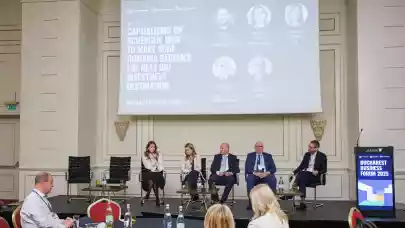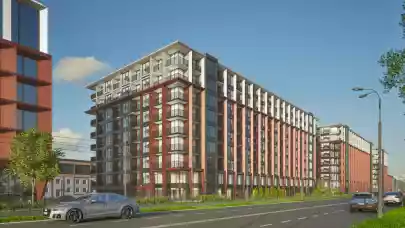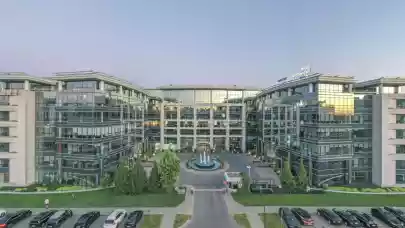
A recent panel discussion financing new investments in Romania, organised at our Bucharest Business Forum 2025 event, provided a nuanced and comprehensive overview of the country's economic landscape, bringing together key experts from international financial institutions and the real estate sector to explore the current market dynamics, challenges, and emerging opportunities.
A standout moment of the discussion was Andrei Svoronos from EBRD's announcement of a landmark transaction that signals significant market potential. "The Rivus project in Cluj-Napoca is the largest mixed-use development loan in Romania, totalling €400 million committed," he proclaimed, highlighting the continued investor confidence in the Romanian market despite global economic uncertainties.
The Schengen accession emerged as a critical turning point for Romania's investment attractiveness. Sebastian Ioniscu from BRD emphasised the need for continued trust-building, stating, "We have to re-establish trust and give a transparent and coherent message to investors." The accession has already demonstrated tangible benefits, including reduced border inefficiencies and enhanced logistics opportunities that are attracting international attention.
Ramona Eftime from IFC provided insights into the evolving investment landscape, particularly in manufacturing and logistics. She noted a growing trend of near-shoring, with European companies seeking more cost-effective locations. "We see near-shoring trends with tier-one suppliers in Germany looking for cost-effective locations, and Romania can capture that demand," Eftime explained. This perspective underscores Romania's potential as an attractive destination for manufacturing and technological innovation.



